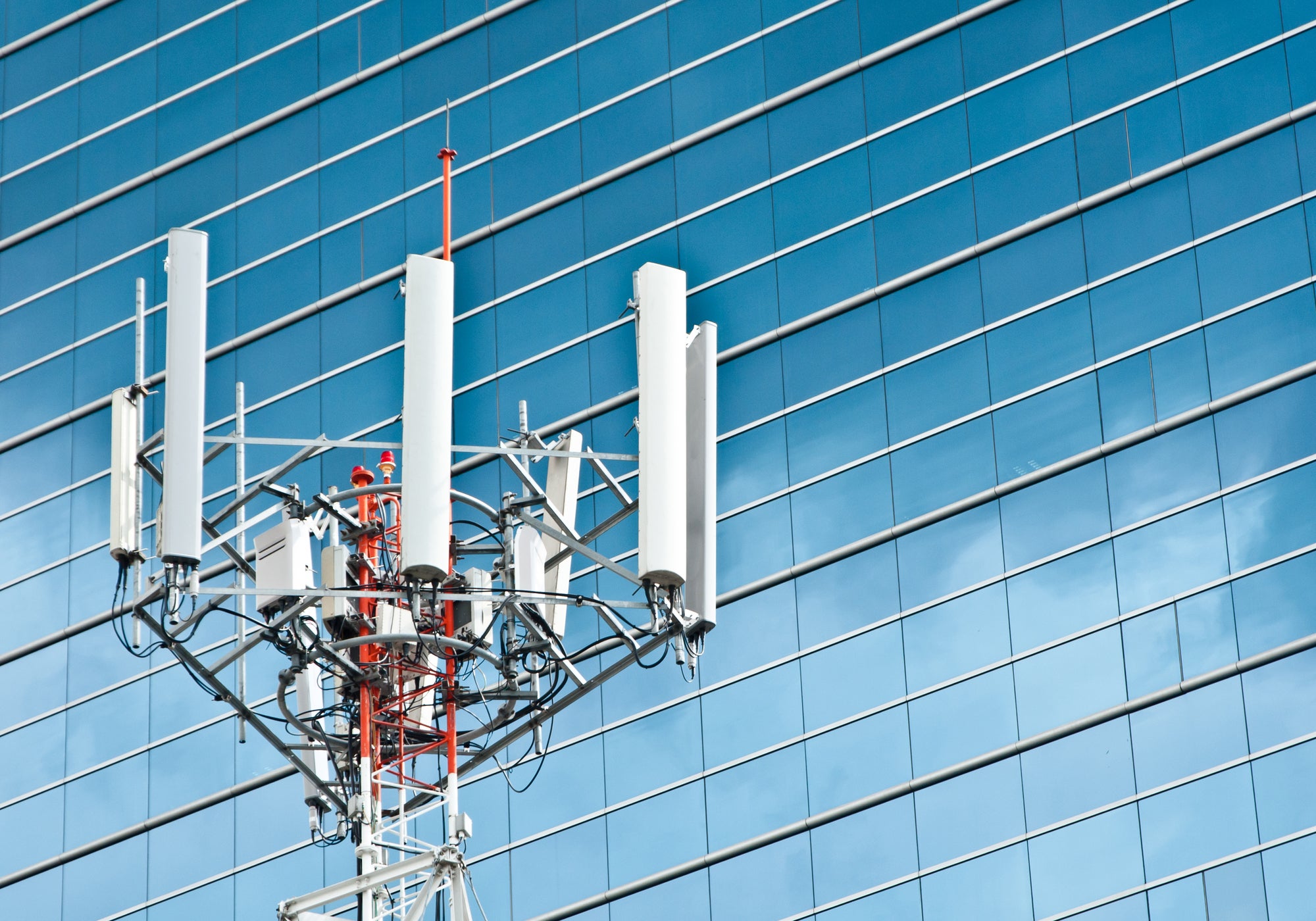
Samsung Electronics has won a $6.7bn contract with wireless carrier Verizon to supply 5G network equipment in the US.
It is unclear what portion of the equipment is for the fifth generation of wireless technology, but the deal marks a significant win for the South Korean tech giant.

Access deeper industry intelligence
Experience unmatched clarity with a single platform that combines unique data, AI, and human expertise.
Samsung has trailed behind Huawei, Nokia, Ericsson, ZTE and Cisco for telecoms market share. However, US pressure on Huawei – which has seen the Trump administration ban American companies from working with the Chinese company – has created opportunities for rival telcos.
The UK has ordered that all Huawei equipment be removed from the country’s network by 2027, with new Huawei equipment banned from 2021.
The Samsung-Verizon deal, signed 30 June this year but only made public on Monday, will run until 31 December 2025. It is equivalent to 3.43% of Samsung Electronics’ 2019 revenue.
“We are pleased to expand our long-standing partnership with Verizon to advance their next-generation network evolution. With this latest long-term strategic contract, we will continue to push the boundaries of 5G innovation to enhance mobile experiences for Verizon’s customers,” Samsung said in a statement.

US Tariffs are shifting - will you react or anticipate?
Don’t let policy changes catch you off guard. Stay proactive with real-time data and expert analysis.
By GlobalDataVerizon deal boosts Samsung’s 5G goals
In 2018 Samsung said it aimed to take 20% of the global market for 5G equipment by 2020. However, according to market research firm Dell’Oro Group its market share sat at 9.3% in the first quarter of 2020.
Samsung has the largest share of 5G equipment in South Korea, which became the first country to switch on a 5G network in April 2019.
Samsung could benefit from countries switching to Open Radio Access Networks (openRAN), a vendor-neutral telecoms standard where equipment and software made by different companies is compatible. This could see smaller telecoms players, such as Samsung, specialise in specific telecoms parts instead of one company providing the entire technology solution. Samsung is a founding member of the OpenRAN Policy Coalition.
Samsung’s share price is down 3% since the start of the year.
Read more: Samsung aim to boost sales with budget friendly 5G offering







